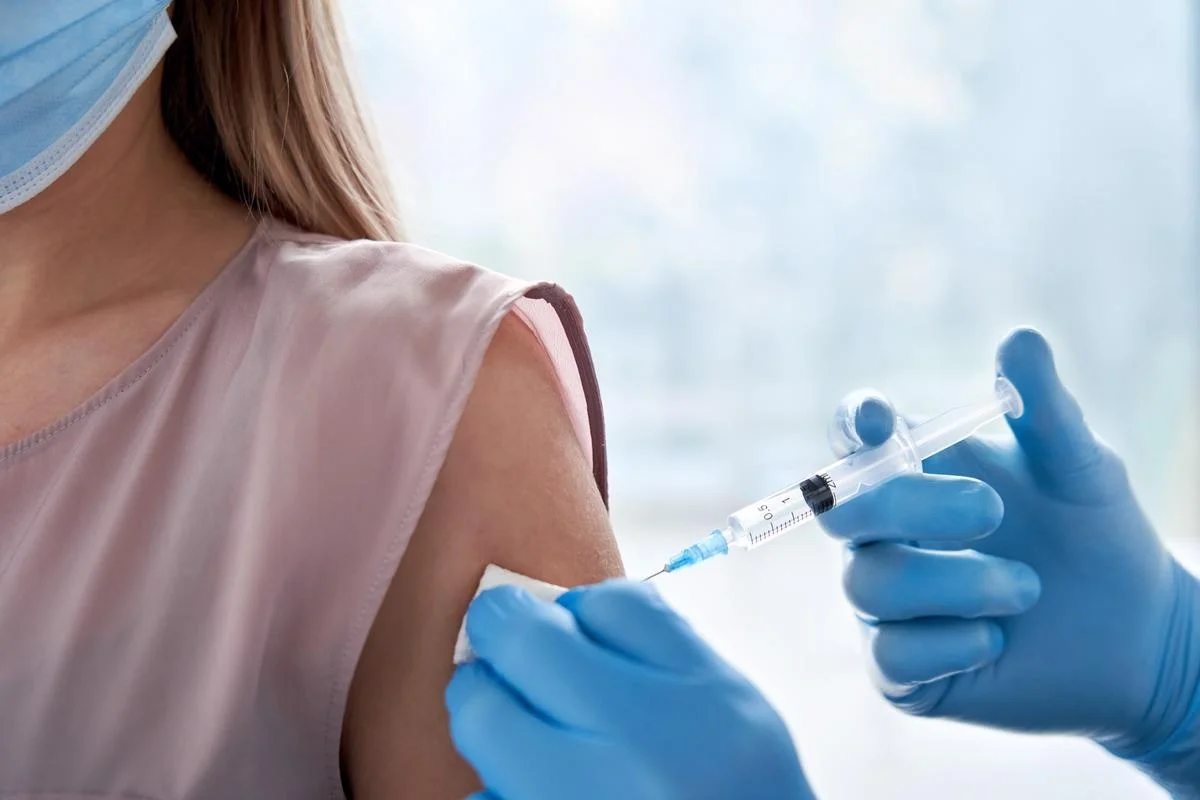Despite a decline in COVID-19 cases, we should be vigilant, given the unpredictability we have witnessed over the past few years, causing chaos and health crises worldwide.
World Liver Day 2024: Vaccination is crucial in improving health, especially in developing nations like India. We now see remarkable progress in keeping people healthy and safe from vaccine-preventable diseases. Vaccination is a pivotal measure against liver diseases, notably Hepatitis A and B, both potential causes of liver disease.
Role Of Hepatitis A And B In Liver Disease
Hepatitis A and B vaccinations serve as bigger pillars against these viruses. Hepatitis B, in particular, poses a significant threat, often leading to cirrhosis of the liver, where the liver is damaged to such an extent that it will require a liver transplant at some stage. Hepatitis A is a water-borne, food-borne disease, particularly prevalent in the summer when drinking contaminated water and food. The fecal-oral route spreads it. Hepatitis A vaccination is also preventable. Therefore, hepatitis A and B vaccines are the cornerstone in preventing liver diseases.
Fortifying Immunity Through Vaccinations
The hepatitis B vaccine regimen is typically administered at birth, followed by two doses at one month and then six months.
- Adults can also receive the vaccine, with a follow-up shot six months later. Post-vaccination, it’s essential to test the antibody titre to determine that we are protected against hepatitis B and that it is no longer a threat to our health. However, highly effective treatments offer substantial relief, such as direct-acting antiviral agents (DAAs).
- For individuals already dealing with liver ailments, we must understand that liver diseases can result from various causes other than hepatitis A, B, or C, such as fatty liver progressing to cirrhosis of the liver, autoimmune conditions, alcohol-related liver damage, and metabolic disorders like abnormalities in copper and iron metabolism. Precaution in the form of vaccination in these patients is equally important to prevent additional injury to the liver due to hepatitis infection on the already diseased liver.
- In such scenarios, vaccines like influenza, herpes zoster, pneumococcal, and DPT (diphtheria, tetanus, pertussis) play critical roles in mitigating the risk of secondary insults to the liver in case of an underlying liver disease.
- Adopting healthy dietary habits, avoiding regular alcohol use, engaging in regular exercise, and preventing fatty liver build-up are all important in preventing liver diseases, along with vaccinations and medications.
In Conclusion
Everyone should prioritize hepatitis A and B vaccinations, alongside antibody level monitoring for hepatitis B. Those with existing liver conditions should also consider injections against influenza, pneumococcal, and COVID-19. Despite a decline in COVID-19 cases, we should be vigilant, given the unpredictability we have witnessed over the past few years, causing chaos and health crises worldwide.

Rohit Malhotra is a medical expert and health journalist who offers evidence-based advice on fitness, nutrition, and mental well-being. His articles aim to help readers lead healthier lives.


